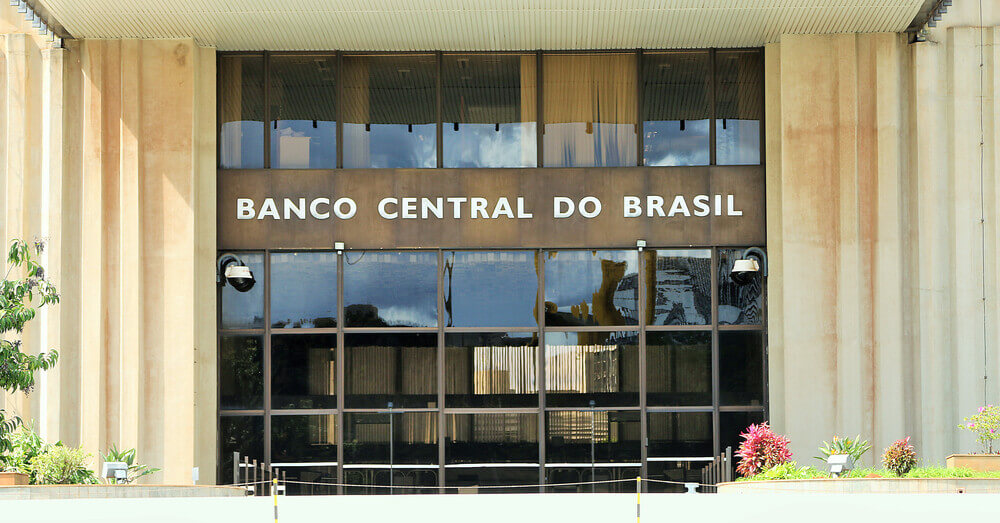
The Central Bank of Brazil has revealed it will begin working on the research and development of its own central bank digital currency
The Banco Central do Brazil has started establishing the foundation for its own central bank digital currency (CBDC), the bank revealed in an official statement.
The entity has already put together a group dedicated to studying the crypto industry, consisting of 12 members in an intergovernmental group focused on assessing how a CBDC could be integrated into the national payments ecosystem, as well as the possible impact of its presence on the economy and society.
Previously, reports showed that the country spends over 90 billion reals (around $16 billion) on a yearly basis just to guarantee that there is a functional supply of paper money in circulation. This represents between one to two percent of its GDP.
The crypto research group will focus on examining how much of that money can be saved if the bank starts issuing a CBDC, and whether this system would be beneficial as a whole for the national economy.
An official from the Department of Information Technology at the central bank of Brazil, Rafael Sarres de Almeida, revealed that digital currencies have been an agenda for some time.
“The subject of digital currencies addressed by central banks has been on the research agenda of many central banks for some time. However, this year, there was a greater focus on a more practical approach,” de Almeida said.
He pointed out how China had already entered the final testing phase of its digital currency, as well as other monetary authorities that had launched new projects into the research of CBDCs.
Brazil is working on a new payments system called PIX, which is set to be released within the country later this year. This project by the central bank will allow users to send and receive payments around the clock in under 10 seconds through mobile apps, internet banking and ATMs.
The official launch date is on November 10.
The President of the central bank of Brazil, Roberto Campos Neto, stated that PIX was being developed to complement the emergence of new digital payments methods such as cryptocurrencies.
“PIX came from a need for people to have a payment instrument that is both cheap, fast, transparent, and secure. If we think about what has happened in terms of the creation of bitcoins, cryptocurrencies, and other encrypted assets, it comes from the need to have an instrument with such characteristics,” Neto explained.
The new system will be made available by banks to all market participants, payment institutions and other entities.

